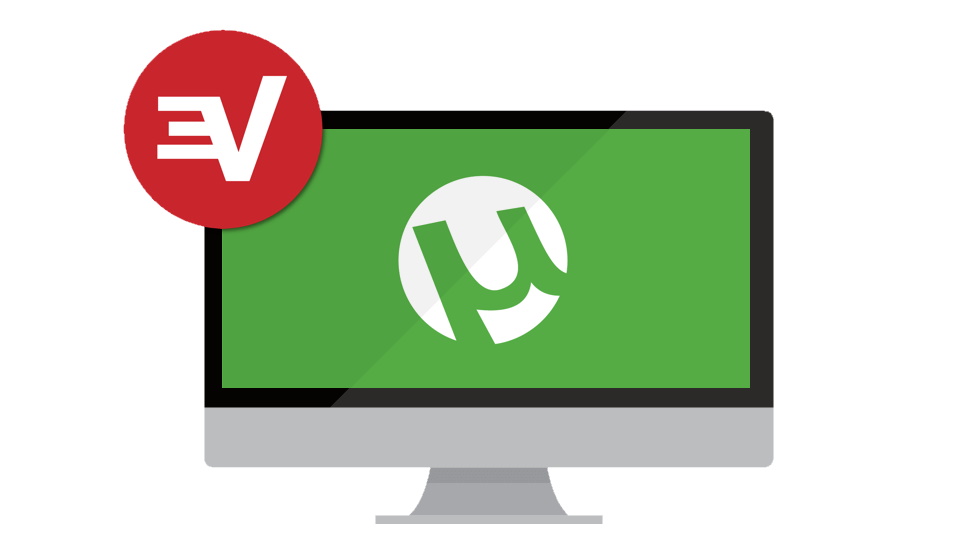Are torrenting VPNs legal?
Is torrenting with a VPN legal, and which is the best one to use?

Here at Tom’s Guide our expert editors are committed to bringing you the best news, reviews and guides to help you stay informed and ahead of the curve!
You are now subscribed
Your newsletter sign-up was successful
Want to add more newsletters?

Daily (Mon-Sun)
Tom's Guide Daily
Sign up to get the latest updates on all of your favorite content! From cutting-edge tech news and the hottest streaming buzz to unbeatable deals on the best products and in-depth reviews, we’ve got you covered.

Weekly on Thursday
Tom's AI Guide
Be AI savvy with your weekly newsletter summing up all the biggest AI news you need to know. Plus, analysis from our AI editor and tips on how to use the latest AI tools!

Weekly on Friday
Tom's iGuide
Unlock the vast world of Apple news straight to your inbox. With coverage on everything from exciting product launches to essential software updates, this is your go-to source for the latest updates on all the best Apple content.

Weekly on Monday
Tom's Streaming Guide
Our weekly newsletter is expertly crafted to immerse you in the world of streaming. Stay updated on the latest releases and our top recommendations across your favorite streaming platforms.
Join the club
Get full access to premium articles, exclusive features and a growing list of member rewards.
Torrenting is one of the fastest ways of sharing files available today, which is the biggest reason it's come to be associated with sharing media, like movies and music. However, this means that it’s often used to share copyrighted material, which is illegal. For this reason, you may be wondering whether torrenting VPNs are legal themselves.
Tom’s Guide in no way condones the use of torrents for illegal purposes, but when sharing P2P legally it’s still widely recommended to use a VPN. In this article, we’ll take a look at why that is, whether doing so is legal or not, and which is the best VPN for the task.
Is using a VPN to access torrents illegal?

Our top-rated VPN to use when torrenting is ExpressVPN. With excellent speeds, full P2P optimization and over 3,000 servers in 94 countries, it's the perfect package for torrenting anonymously.
No. It is fully legal to use a VPN to access torrents, just as it’s legal to use a VPN to access Netflix and other streaming websites. Except in countries where the use of VPNs is explicitly banned, like China, Russia, and Iran (and that’s still a gray area in terms of legislation), the use of a VPN itself is perfectly legal, regardless of the context in which it’s used.
However, not all the material being shared through torrents is legal, and sharing copyrighted content is a common torrenting practice. This is illegal, and can result in heavy fines and other legal action by copyright holders. These vary by country, but can amount to tens of thousands of dollars, or even jail time.
Think of using a VPN like wearing a full suit of armor. It protects you from threats and ensures anonymity, and there’s nothing illegal about wearing a suit of armor. If you use that suit of armor to rob a store, though, you’ve committed a crime and may face dire consequences.
Why would I use a VPN when torrenting?
Using a VPN when doing anything online is simply good practice, torrenting or otherwise. The top providers deliver a service that dramatically improves the security of your online activities by using powerful encryption methods to connect you to secure servers.
Depending upon the VPN, it can also provide a high level of anonymity, protecting you in case you inadvertently do download copyrighted material. It will also keep your activity safe from prying eyes, like hackers, unscrupulous third-party advertisers, and even foreign governments who may have an unsavory interest in your personal information.
Finally, using a VPN makes it virtually impossible for your internet provider to throttle your connection, something many ISPs do when they detect torrent activity. This is also a useful feature of gaming VPNs and Netflix VPNs.
What torrenting VPN should I use?
There are some important criteria a VPN should meet to be used for torrenting.
First of all, you'll want a fast VPN – otherwise, it defeats the whole purpose of using a VPN for torrents. A few factors contribute to the speed of a VPN, but chief among them are a large number of VPN servers (and server locations) to avoid bottlenecks, infrastructure that supports high speeds, a lack of active throttling by the service, and P2P-optimized servers.
For security purposes, you’ll also want a VPN with strict a zero-logging policy and DNS leak protection. Shared IP addresses also help in this regard, and you’ll definitely want to have a kill switch in place.
Based on these criteria, our top pick for torrents is ExpressVPN. Not only does it have one of the world’s largest networks of servers in 94 countries around the world, but it’s known for speedy connections. It also tops the charts when it comes to security and privacy, but most important of all is that it combines this with slick apps that are incredibly easy to use.
Tom’s Guide readers can claim three months of cover FREE when signing up to a year-long plan – that’s 15 months for the price of 12 – and you’ll also be covered by a 30-day money-back guarantee so you can test the service before you commit.
Surfshark is another good alternative, offering a premium service for a bargain price. While it has fewer servers overall and isn’t quite as powerful as Express, it has a number of dedicated P2P servers to avoid bottlenecking and maintain high speeds, making it one of the best-value VPNs to use when torrenting.
Get instant access to breaking news, the hottest reviews, great deals and helpful tips.
Christian is a freelance writer and content project manager with over six years' experience writing and leading teams in finance and technology for some of the world's largest online publishers, including TechRadar and Tom's Guide.
 Club Benefits
Club Benefits













